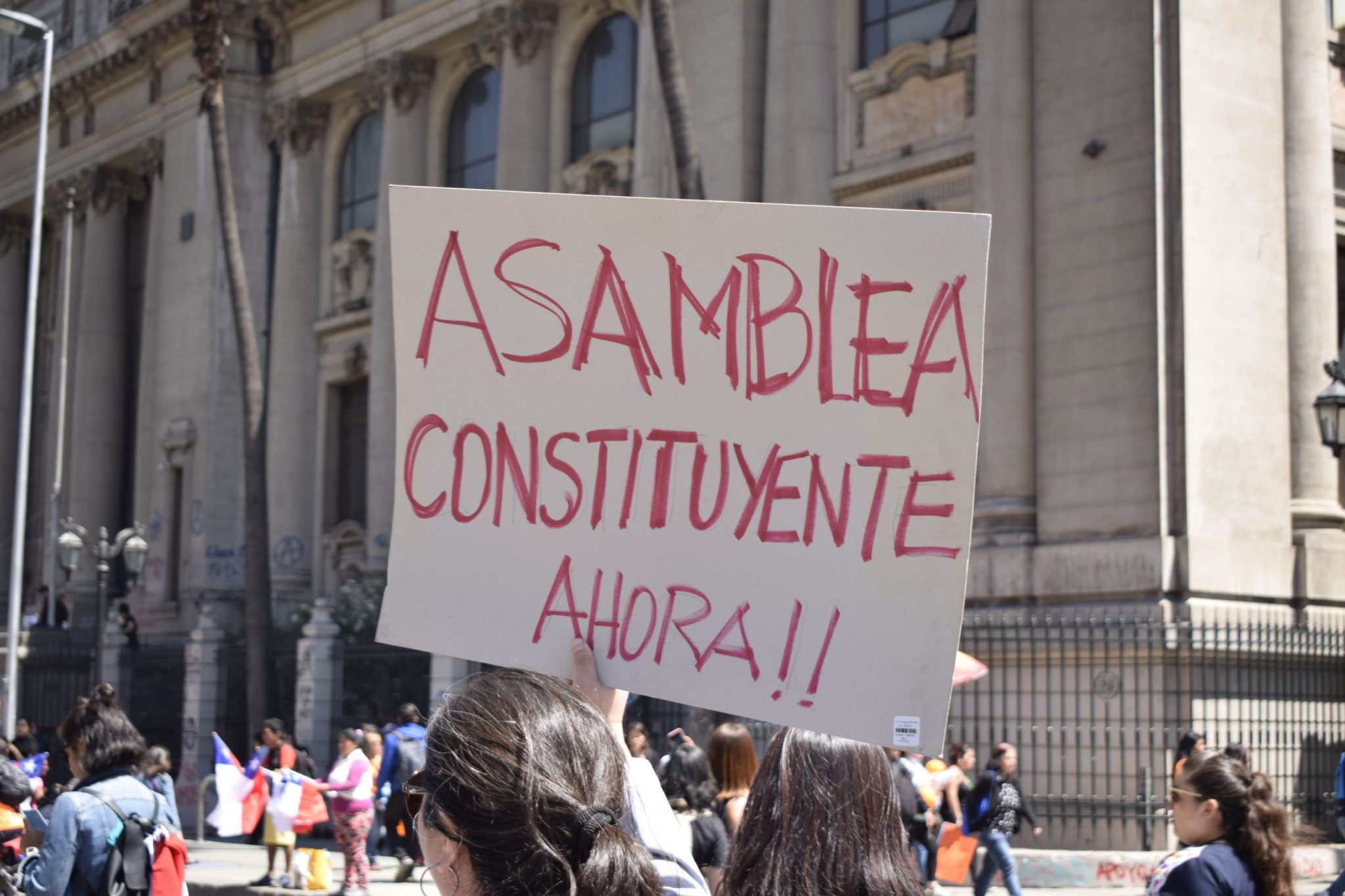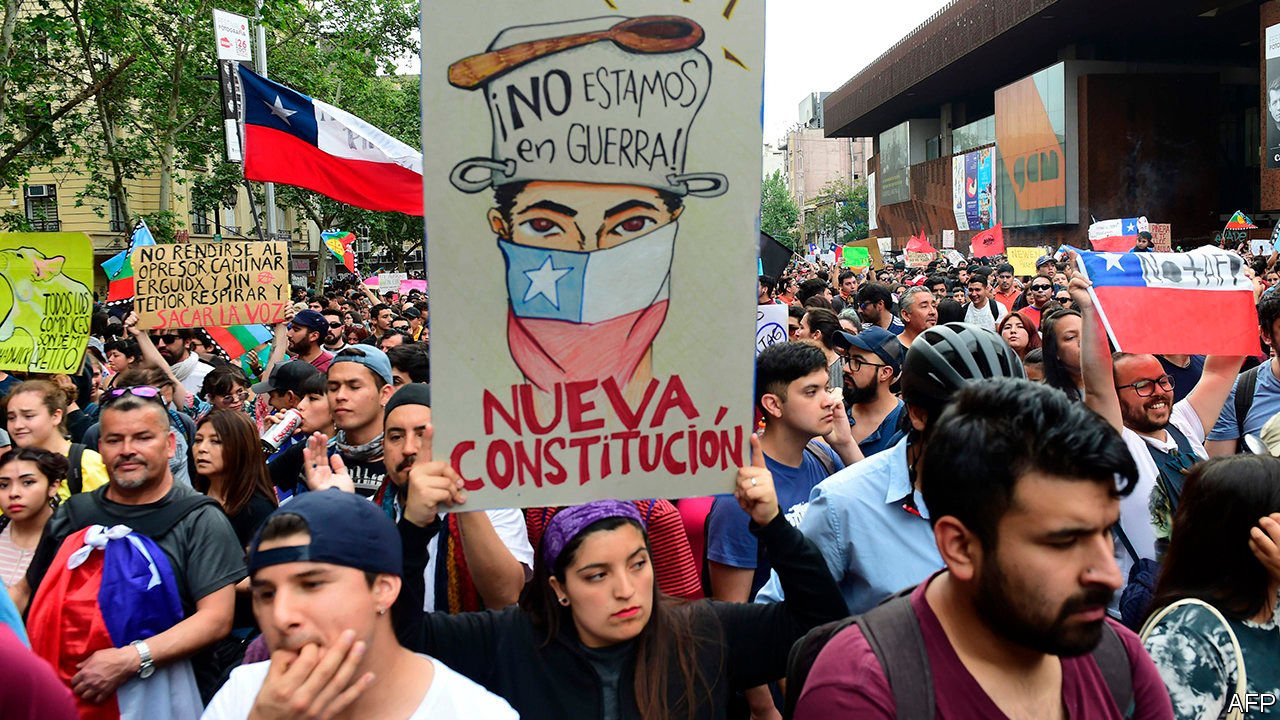Time is of the Essence: Chile’s Fate Rests in the Hands of its People on September 4

On the streets of Santiago, paper copies of the proposed new constitution abound. On July 4, the 155 delegates of the Constitutional Convention presented a revitalized Magna Carta to President Gabriel Boric, and on September 4, Chileans will decide whether to accept or reject the proposed constitution. This obligatory vote will have Chileans decide on the fate of their initial desire to seek a more inclusive and equitable society, even if that entails economic uncertainty.
When the Constitutional Convention convened in late 2021, the task was clear: provide Chileans with a foundational legal framework that prioritizes social and economic needs and enables the government to have improved capabilities to address them. The call for a new constitution came from Chileans who wanted to break free from the Pinochet-era constitution, striving for inclusion, equality, and liberty after the 2019 nationwide protest. After 12 months of deliberation, the final product proved to be a complete shift from Chile’s neoliberal past to one that aims to respect and promote the country’s multinational and intercultural origins. The document emphasizes the promotion of democracy, the guarantee of basic human rights, the recognition of the rights of indigenous people, the promotion of a women’s agenda, and the respect of the environment.

Two modern components of the new charter are the inclusion of a gender-sensitive agenda and addressing the climate crisis. Regarding gender, the Constitutional Convention counted on the active role of women, which resulted in the final product explicitly addressing barriers to women’s participation in democratic processes. The draft charter requires that all public institutions have at least 50% of its members be female, ensuring they will never be in the minority, which is unprecedented in a region politically dominated by men. Regarding climate, the proposed constitution addresses and expands environmental protections, requiring the state to not only combat climate change but protect Chile’s environment including its glaciers, oceans, and forests. Environmental and climate issues are so prevalent in the proposed constitution that they compose roughly one tenth of the 388 provisions. The focus on gender and climate highlights the Chilean people’s desire to address and correct previous shortcomings for the future.
Surprisingly, recent polling showed a big shift in voting intent. While the 2020 referendum to draft a new constitution had a 78% approval rate, surveys show that only 35% of Chileans approve of the final draft, with 58% disapproval. Those who defend the proposed text, including the ruling party and president, agree that this is a historic opportunity to cut ties with a dictatorial regime that does not represent the values and aspirations of Chile. On the contrary, those who oppose the new constitution argue that, while it is true that Chile deserves to provide its people with more opportunities and reduce inequality, the way to achieve that should not come at the cost of economic advancement and wealth.
Whatever happens on September 4 is still uncertain, but regardless of the outcome, it is clear that Chile’s future is at stake and that the desire for change exists. Constitutional expert Hernando Valencia Villa once said that constitutions used to be seen as a battlefield, that they were the result of a civil war and an instrument used by the winning side to oppress the defeated. Further, Valencia Villa explains that, after a constitution is approved, a series of battles for the charter remain, battles in which the people wage micro-wars surrounding provisions to truly develop the charter. In Chile’s case, they are in the process of the former. If the proposed draft is approved, it will be critical that the public pay attention to the subsequent micro-wars in Congress, as those will assess the resilience of Chile’s democracy. If the draft is not approved, the stage is set for a new battlefield that could result in the assembly convening again to formulate a new text or the continuation of the 40-year-old Magna Carta.
Top